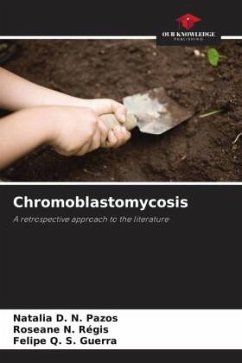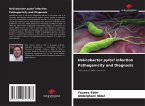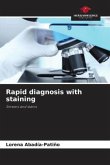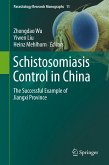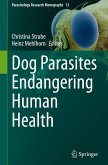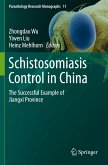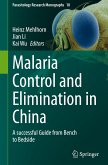Chromoblastomycosis is a slow-progressing, granulomatous, suppurative fungal infection caused by the traumatic inoculation of melanised fungi into subcutaneous and transcutaneous tissues, leading to morbidity and work inactivity. The most clinically isolated agents are the species F. pedrosoi, C. carrioni, followed by P. verrucosa, E. dermatitidis and R. aquaspersa. It has a worldwide distribution and prevalence in underdeveloped regions of the world, where compulsory reporting of cases is non-existent. In Brazil, it is prevalent in the Amazon region, where Pará leads the country in cases of the disease. In the clinical analyses laboratory of the clinical mycology reference hospital Hospital Universitário Lauro Wanderley (HULW/EBSERH), Paraíba, Brazil, various diagnoses of the disease are found, and there has been one scientifically described case report to date. The aim of this study was to review the literature on the subject with an emphasis on updating data on the clinical, taxonomic, laboratory, epidemiological and therapeutic aspects of cases of chromoblastomycosis in Brazil and worldwide.
Bitte wählen Sie Ihr Anliegen aus.
Rechnungen
Retourenschein anfordern
Bestellstatus
Storno

